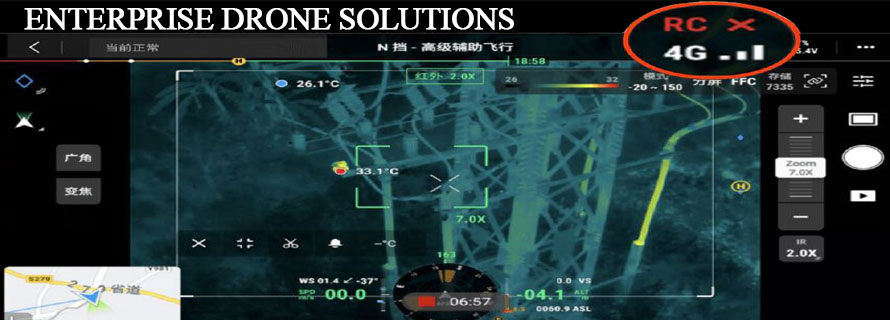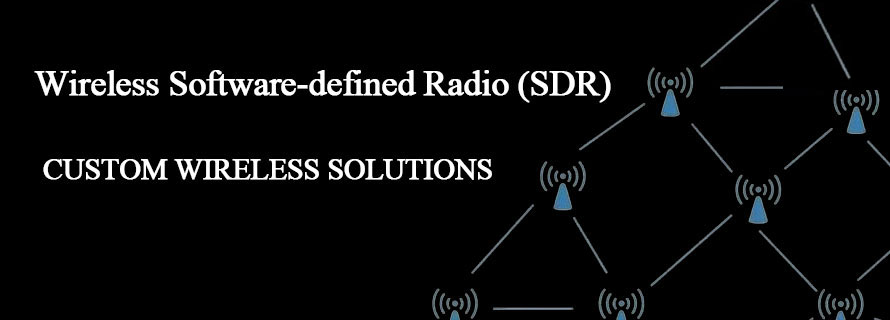-
ASTM D1401 for water separability of petroleum oils and synthetic fluids
7. Sampling7.1 The test is very sensitive to small amounts of contamination. Take samples in accordance with Practice D 4057.8. Preparation of Apparatus8.1 Clean the graduated cylinder by removing any film of oil (or fluid) with a thorough rinsing with toluene or solvent with similar cleaning and solvency ...
-
ASTM D1401 for water separability of petroleum oils and synthetic fluids
5. Apparatus5.1 Cylinder, 100-mL, graduated from 5 to 100 mL in 1.0-mL divisions, made of glass, heat-resistant glass, like borosilicate glass, or a chemical equivalent. The inside diameter shall be no less than 27 mm and no more than 30 mm throughout its length, measured from the top to a point 6 mm ...
-
ASTM D1401 for water separability of petroleum oils and synthetic fluids
3. Summary of Test Method3.1 A test specimen consisting of a 40-mL sample and a 40-mL quantity of distilled water, or 1% sodium chloride (NaCl) solution or synthetic seawater are stirred for 5 min in a graduated cylinder at 54°C or 82°C, depending upon the viscosity of the test specimen or sample specification. ...
-
ASTM D1401 for water separability of petroleum oils and synthetic fluids
1. Scope1.1 This test method covers measurement of the ability of petroleum oils or synthetic fluids to separate from water. Although developed specifically for steam-turbine oils having viscosities of 28.8–90 mm2/s at 40°C, this test method may be used to test oils of other types having various viscosities ...
-
Helpful hints for Coulometric Karl Fischer water analysis
1.1 Following precautions are suggested to obtain accurate and precise results by this test method. Some of these suggestions are also described in the text of the test method, but are compiled here for easy reference.1.1.1 A number of chemicals interfere in this titration: mercaptans, sulfides, amines, ...
-
ASTM D6304 for water in petroleum products by Coulometric Karl Fischer Titration
14. Quality Control Checks14.1 Confirm the performance of the instrument or the procedure each day it is in use by analyzing a QC sample that is representative of samples typically analyzed. Quality control frequency should be increased if a large number of samples are routinely analyzed. If the analysis ...
-
ASTM D6304 for water in petroleum products by Coulometric Karl Fischer Titration
11. Procedure A (by Mass)11.1 Add newly made solvents to the anode and cathode compartments of the titration vessel and bring the solvent to end-point conditions as described in Section 9.11.2 Add the petroleum product test specimen to the titration vessel using the following method:11.2.1 Starting with ...
-
ASTM D6304 for water in petroleum products by Coulometric Karl Fischer Titration
8. Sampling8.1 Sampling is defined as all the steps required to obtain an aliquot representative of the contents of any pipe, tank, or other system and to place the sample into a container for analysis by a laboratory or test facility.8.2 Laboratory Sample - The sample of petroleum product presented ...
-
ASTM D6304 for water in petroleum products by Coulometric Karl Fischer Titration
6. Apparatus6.1 Coulometric Karl Fischer Apparatus (using electrometric end point) - A number of automatic coulometric Karl Fischer titration assemblies consisting of titration cell, platinum electrodes, magnetic stirrer, and a control unit are available on the market. Instructions for operation of these ...
-
ASTM D6304 for water in petroleum products by Coulometric Karl Fischer Titration
3. Summary of Test Method3.1 An aliquot is injected into the titration vessel of a coulometric Karl Fischer apparatus in which iodine for the Karl Fisher reaction is generated coulometrically at the anode. When all of the water has been titrated, excess iodine is detected by an electrometric end point ...



